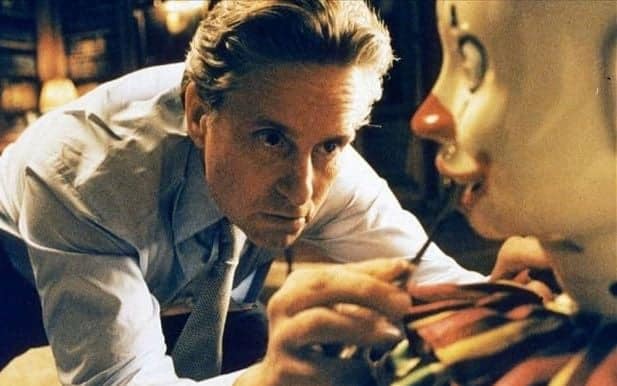In many ways, the 1990s were a golden age of cinema. Be it the innovations in effects or just the overall state of society at large, the movies released in the ’90s have an unmistakable, authentic feel. There was something in the air back then conducive to movie magic, and there are plenty of great titles most people know off the top of their heads. There are other movies from then, however, that capture something transcendent but didn’t get the credit they deserve. In this article, we will explore some of the best forgotten movies of the 90s.
To compile a list of the best but also forgotten movies of the 90s, 24/7 Tempo consulted a range of movie and entertainment sources including MovieWeb, IMDB, and A Good Movie to Watch. Next, we selected films from a range of genres with sizeable cultural impact. After that, we consulted IMDB again for plot details and critical reception information. (For movies with successful spinoffs, discover the best movie sequels ever made.)
“Existenz” (1999)
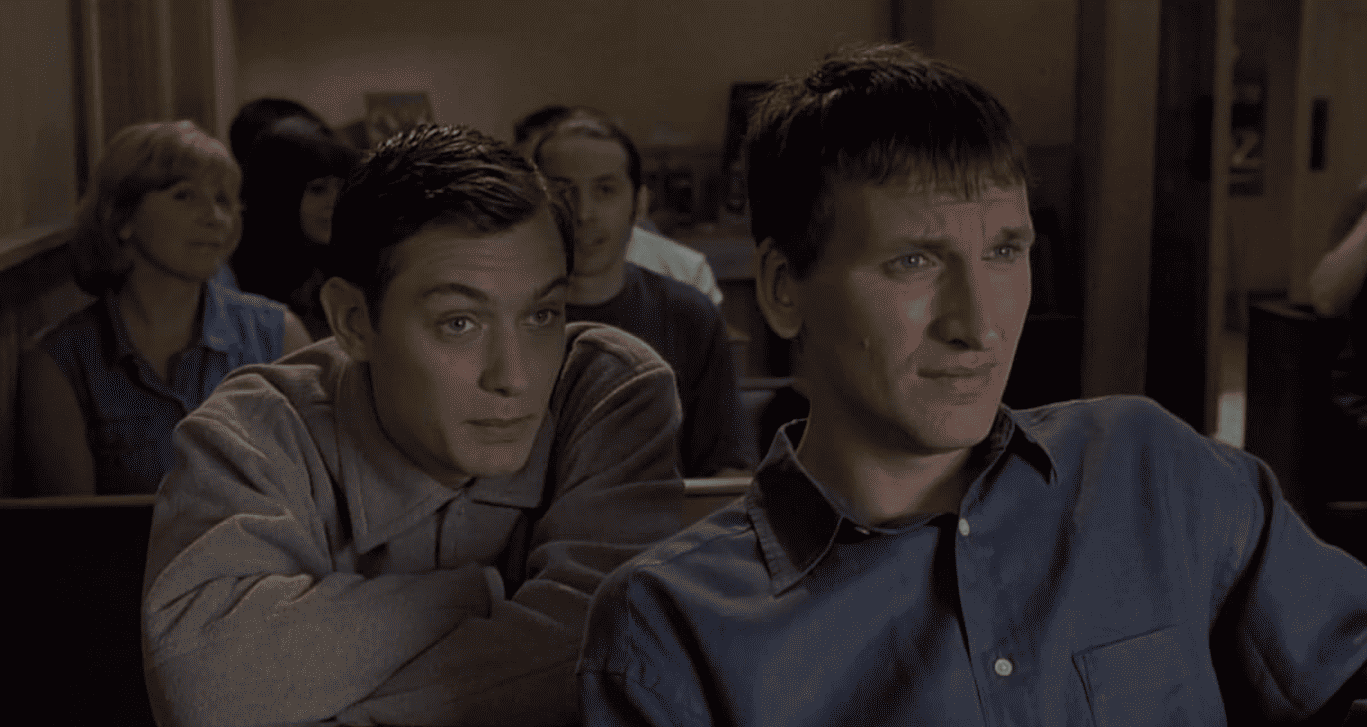
One of the best but also forgotten movies of the 90s is legendary body horror director David Cronenberg’s Existenz. Starring Jennifer Jason Leigh and Jude Law, the film imagines a future where virtual reality actualizes through strange homunculi-type “bio-ports.” These semi-living ports attach to people’s bodies, allowing them to traverse a fully realized world.
Leigh stars as Allegra Geller, the top designer of these bio-fusion video games. Soon, however, she finds herself the target of assassins and must survive the game world she created to escape their clutches and uncover the truth behind her murder plot. More so than most movies of the ’90s, Existenz predicts the increasing blend of the virtual and the real, simultaneously highlighting the consequences of physical alteration. Plus, it’s done in a physically unnerving way that director David Cronenberg does best.
“A Simple Plan” (1998)
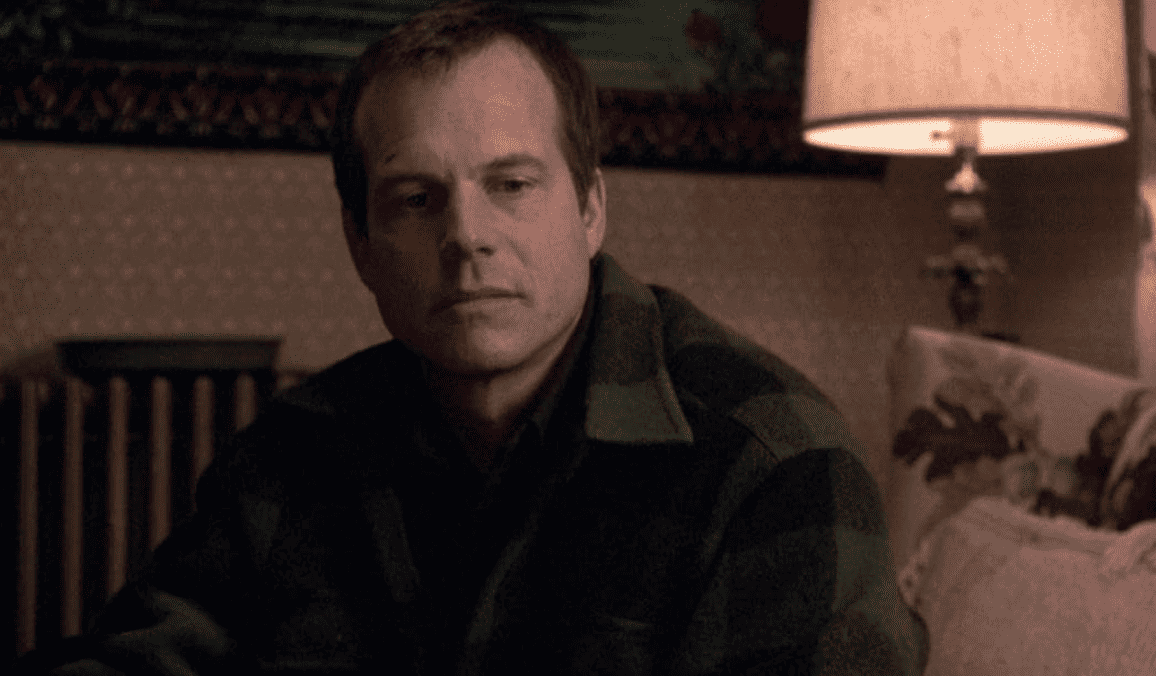
Another one of the best forgotten movies of the 90s is “A Simple Plan.” Based on the novel of the same name by Scott B. Smith, the film stars Bill Paxton, Billy Bob Thorton, and Bridget Fonda. The story follows two brothers and a friend as they discover a crashed plane containing millions of dollars in cash.
Since they have stumbled upon the find of the century, the trio does their best to keep the money a secret. Complications arise, however, and soon the growing pile of secrets and deceit leads to murder and tragedy. More so than most movies, “A Simple Plan” unflinchingly gets to the heart of human nature, the triumphs, the frailties, and the community consequences of finding buried treasure.
“Joe Versus the Volcano” (1990)
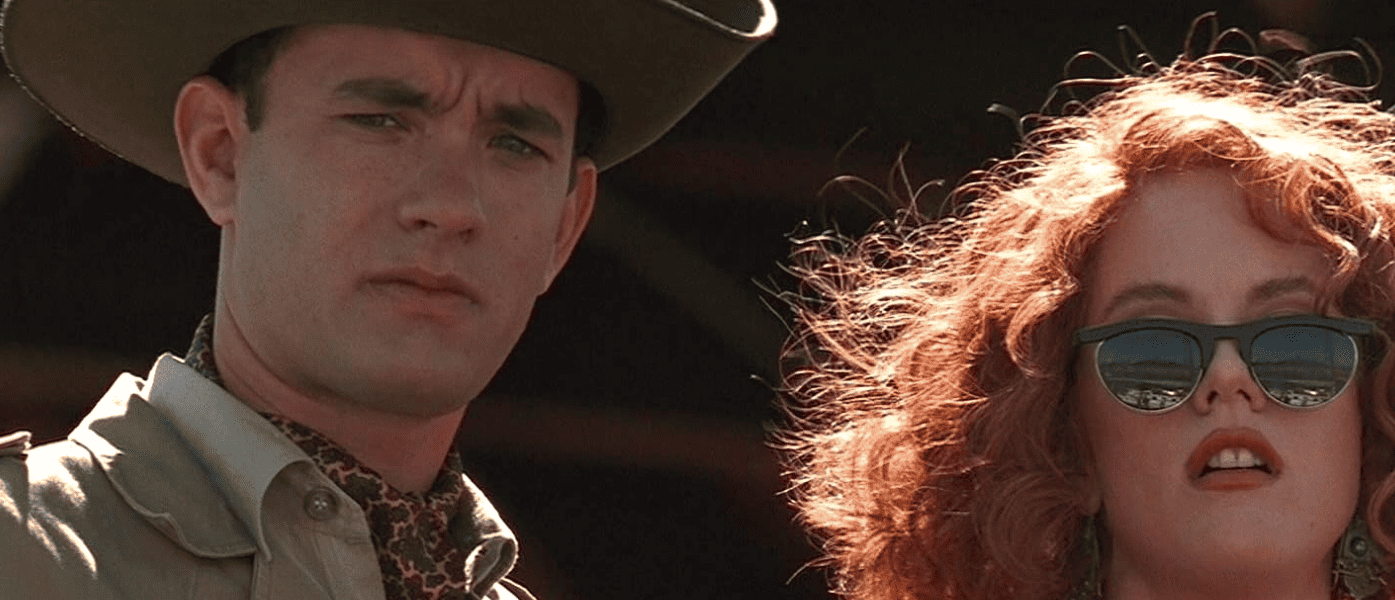
All the stories ever told touch upon the search for meaning, and “Joe Versus the Volcano” is no different. Starring Tom Hanks and Meg Ryan, the film follows Joe Banks after he finds out he is dying of a rare disease. In search of purpose and meaning, Banks accepts an offer from a wealthy industrialist to fly to a South Pacific island. There, he will sacrifice himself in a volcano to appease the natives enough to let the industrialist mine their island. Along the way, he falls in love with Patricia, the woman ordered to take him there.
When “Joe Versus the Volcano” first hit theaters it received mixed reviews. Though it had minor box office success, it was relegated to the wings before slowly gaining a cult following over the ensuing years. That should come as no surprise as the film uses a playful, almost goofy, energy to expound upon the serious questions of morality and finding meaning in one’s life.
“The Cable Guy” (1996)
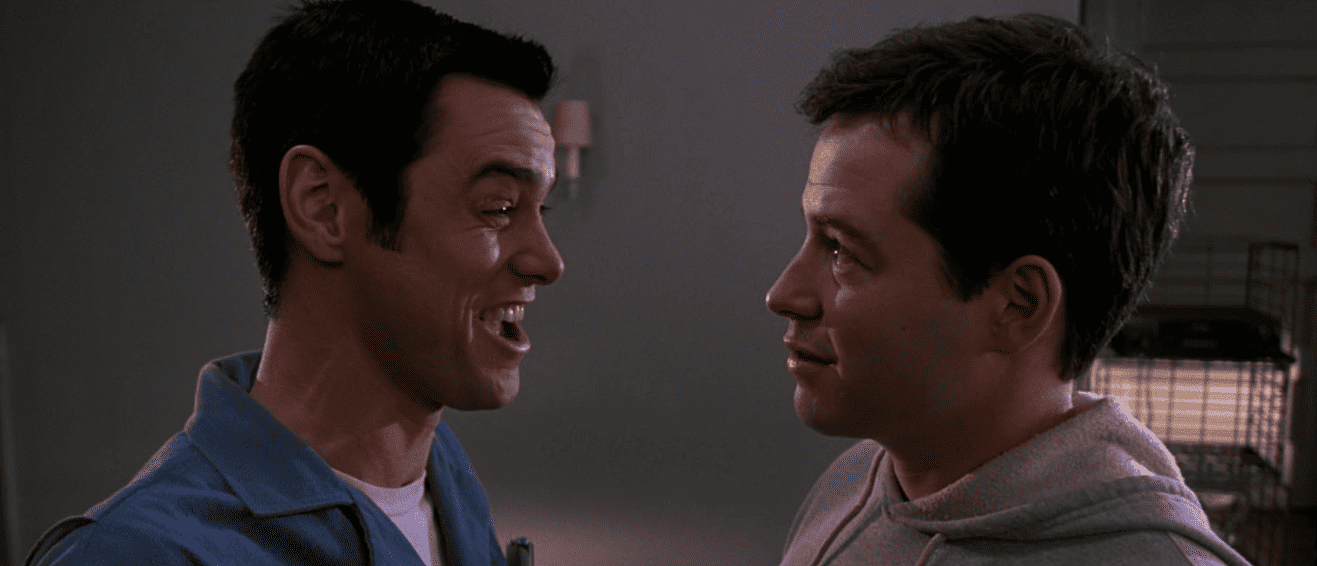
Directed by Ben Stiller and starring Jim Carrey and Matthew Broderick, “The Cable Guy” follows the chance meeting of Steven and his cable guy Chip. While Chip starts as a strange but helpful repairman, slowly but surely he injects himself increasingly into Stevens’s life in alarming but oddly touching ways.
While “The Cable Guy” was a box office success upon release, it paled in comparison to other 90’s Jim Carrey movies and was quickly forgotten. It has, however, seen a cult following grow in the years past. The film is strange, unnerving, yet oddly human, illustrating the stories we tell ourselves to make sense of our world and how we project them upon others.
“Dark City” (1998)
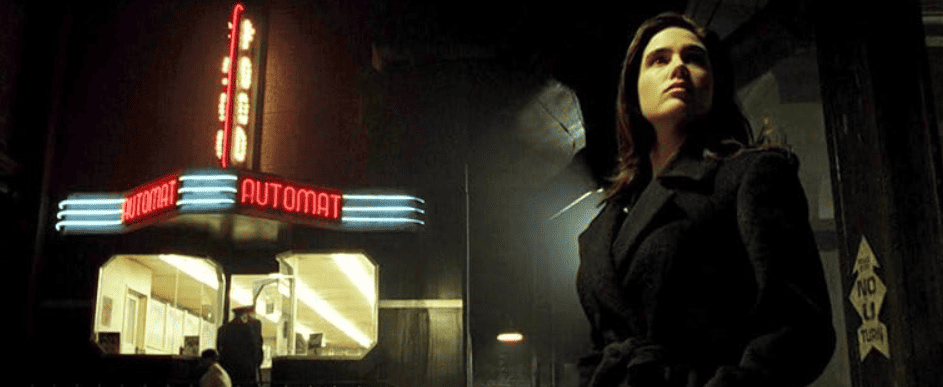
Directed by the enigmatic Alex Proyas, “Dark City” follows an amnesiac man who suddenly finds himself accused of murder. In an attempt to discover the true culprit and find out his real identity, the man uncovers a mysterious, shadowy group of “strangers” who seem to control every whim of the city.
Though it received good reviews upon release, it bombed at the box office and was quickly forgotten. Combining existentialist themes with a uniquely gnostic outlook, the film suggests that greater, inscrutable forces are at work fine-tuning the slightest machinations of our lives. In the process, “Dark City” preceded films like “The Matrix” in suggesting the world around you might not be as real as you think.
“Go” (1999)

Next up is Doug Liman’s “Go.” Starring actors like William Fichtner, Katie Holmes, and Timothy Olyphant, the film explores the fast-paced and arguably degenerate lives of three intertwining sets of characters as they make their way through life.
Though the film received rave reviews upon release, others considered it “Tarantinoesque” and it underperformed at the box office. “Go” did, however, gain a cult following for its incredible energy and style. Put simply, the movie is sexy and lives up to its title by artfully, frenetically riding the rollercoaster of lives lived on the margins of society.
“The Game” (1997)
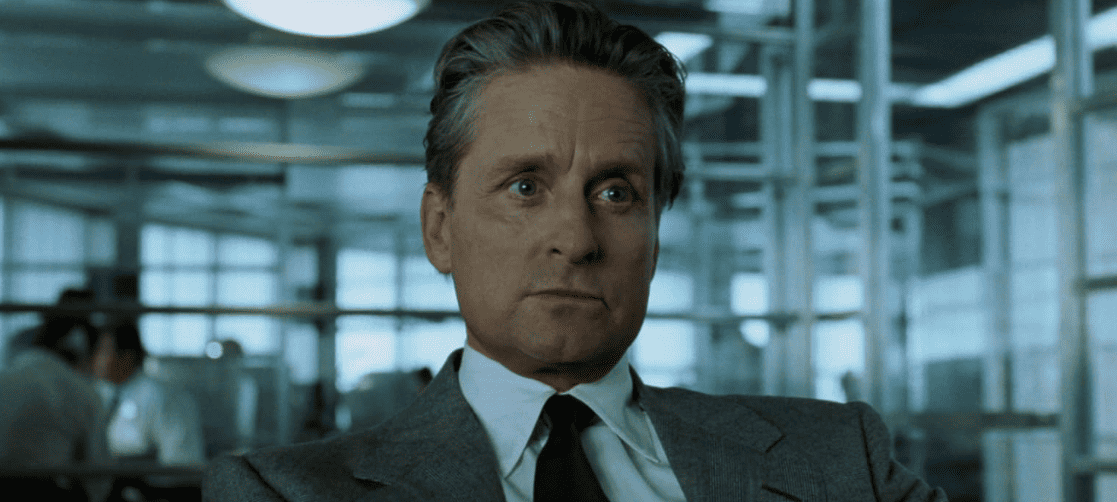
This movie is one of famed director David Fincher’s early films, “The Game.” Starring Michael Douglas as a steely but successful investment banker, the film follows the course of his life after he receives a mysterious birthday gift called the game from his good-for-nothing brother (Sean Penn.)
What follows is a case study of paranoia, synchronicity, and the simultaneous interconnectedness of all things. As the game proceeds, it injects itself into the main character’s life in increasingly disruptive and conspiratorial ways. Much like Kafka’s “The Trial,” the film uses its gripping atmosphere of senseless ordeals and shadowy forces to tell an almost schizophrenic yet ultimately affirming story of loss, redemption, and acceptance. (For other esteemed moviemakers, discover the most popular movie directors in America.)
“Gattaca” (1997)
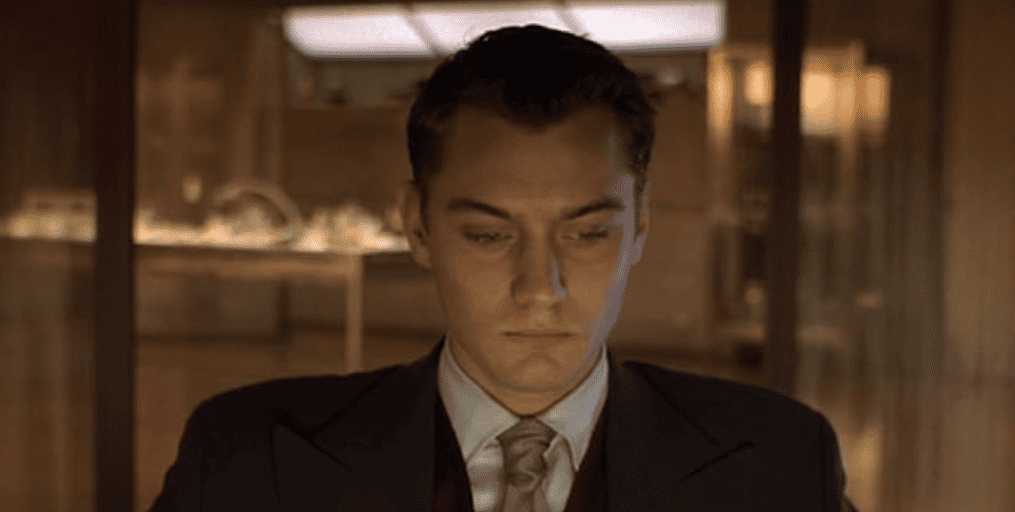
Much like the aforementioned “Dark City,” “Gattaca” is one of the few science-fiction movies of the 90s that explores real issues using the backdrop of a futuristic, dystopian society. Starring Ethan Hawke and Uma Thurman, the film explores a futuristic society based on eugenics, where parents sculpt children to have the “best” genetics.
Vincent Freeman (Ethan Hawke), however, was born outside the confines of the program and struggles to integrate into a society where he is considered undesirable. The film is crisp and elegant and asks uncomfortable questions about the nature of “pureness” and idealism when allowed to run amok. It serves as a cautionary tale in a world of increased genetic alteration.
“Dirty Work” (1998)
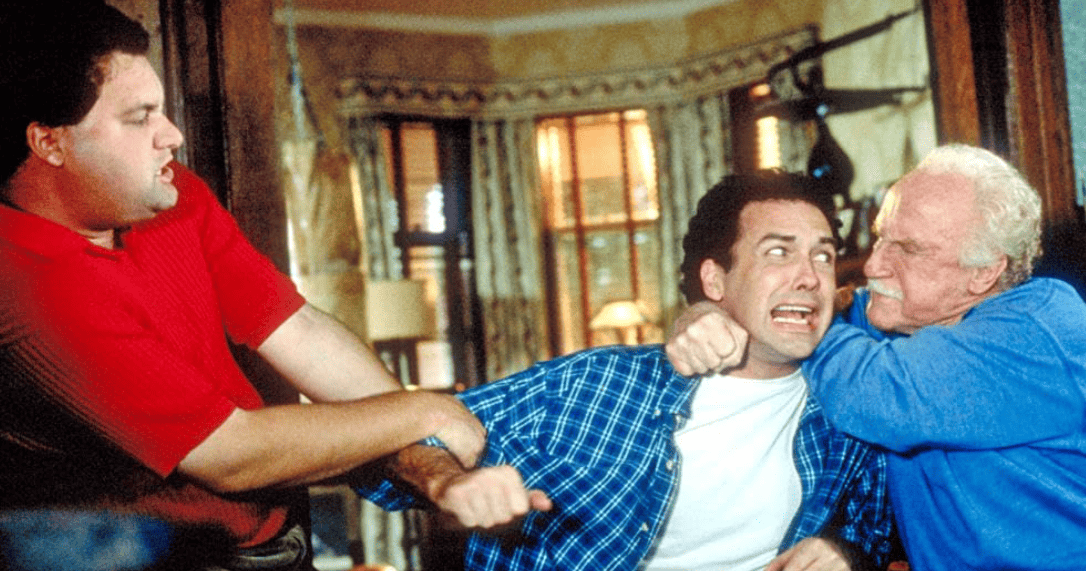
Directed by Bob Saget and starring Norm MacDonald and Artie Lange, this film follows two hapless, slacker friends after they create a revenge-for-hire business. It’s so successful, however, that the pair fall into the hands of a seedy businessman. To counteract his influence, they create a revenge plot of their own.
Unlike the other movies on this list, “Dirty Work” asks no big questions and seeks no poignant answers. It’s a vulgar, screwball comedy that seeks to offend more than it seeks to delight. The film leans so heavily into this perspective, however, that it somehow transcends it and becomes a sort of deadpan, postmodern meta-comedy. “Dirty Work” is funny for funny’s sake and, refreshingly, aims for no greater aspiration.
“The Rocketeer” (1991)
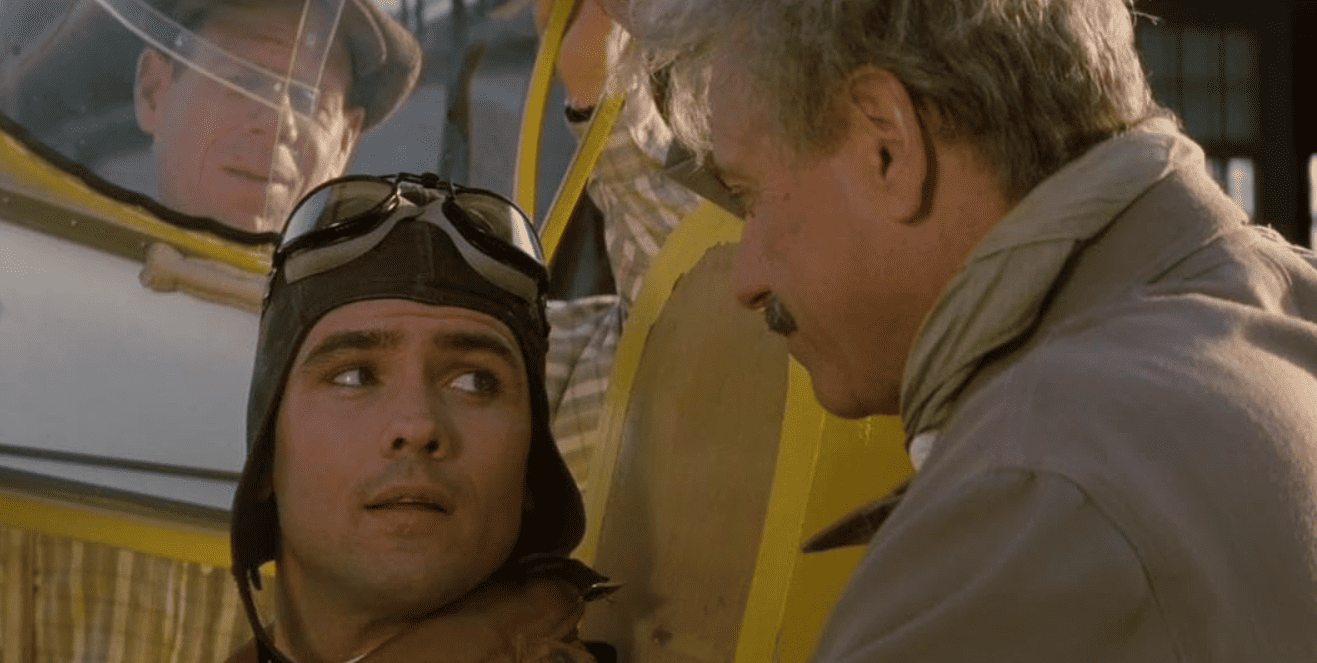
Starring Billy Campbell, Jennifer Connelly, and Alan Arkin, this film follows a stuntman in 1930s Hollywood who discovers a secret jetpack. Though this allows him to fly without a plane, it soon catches the attention of both the FBI and the Nazis, who are desperate to get ahold of the jetpack for themselves.
Though the film was released to good reviews, it underperformed at the box office and talk of the movie quickly fell by the wayside. It’s a shame, too, as “The Rocketeer” has state-of-the-art effects and captures the feel of old Hollywood. Though family-friendly, perhaps too much so, it is a majestic romp that echoes charming, fast-moving adventures like the Indiana Jones series. (For movies that you can watch right now, discover the 50 best movies available on Netflix.)
